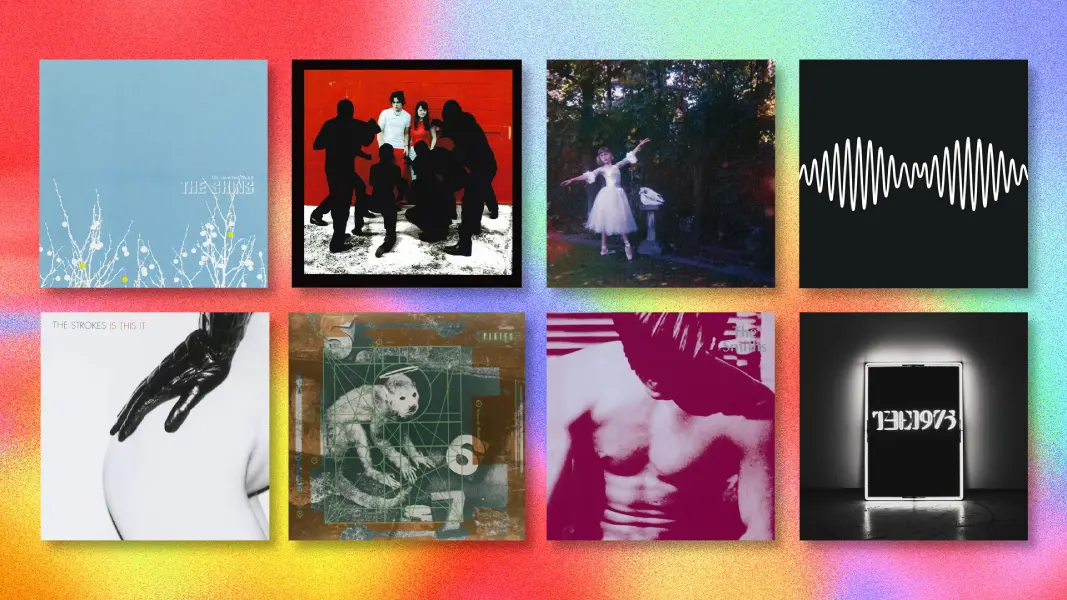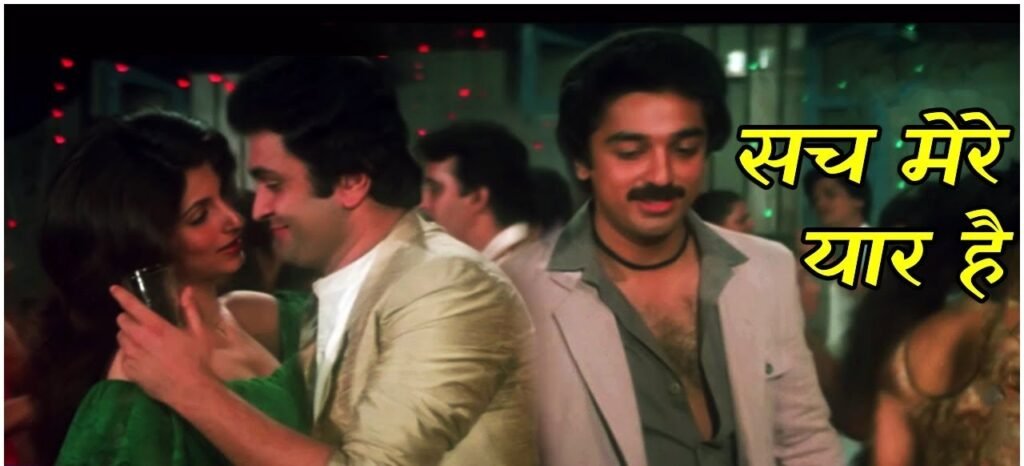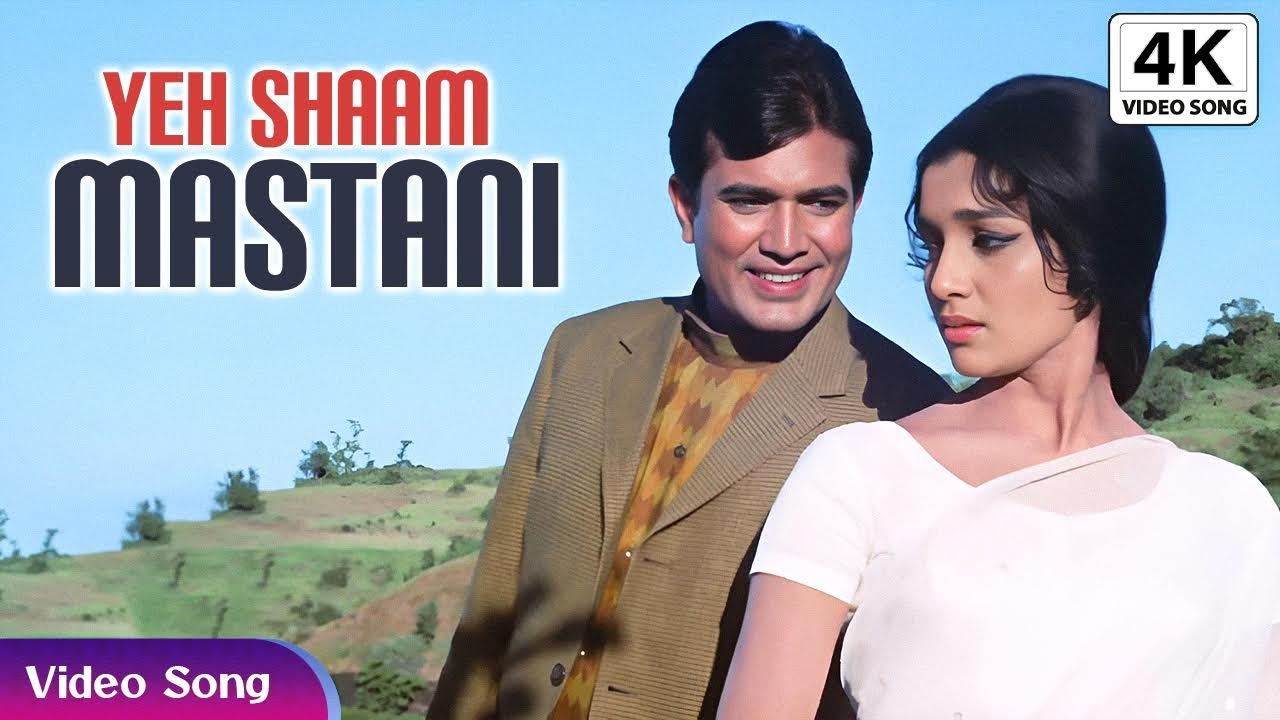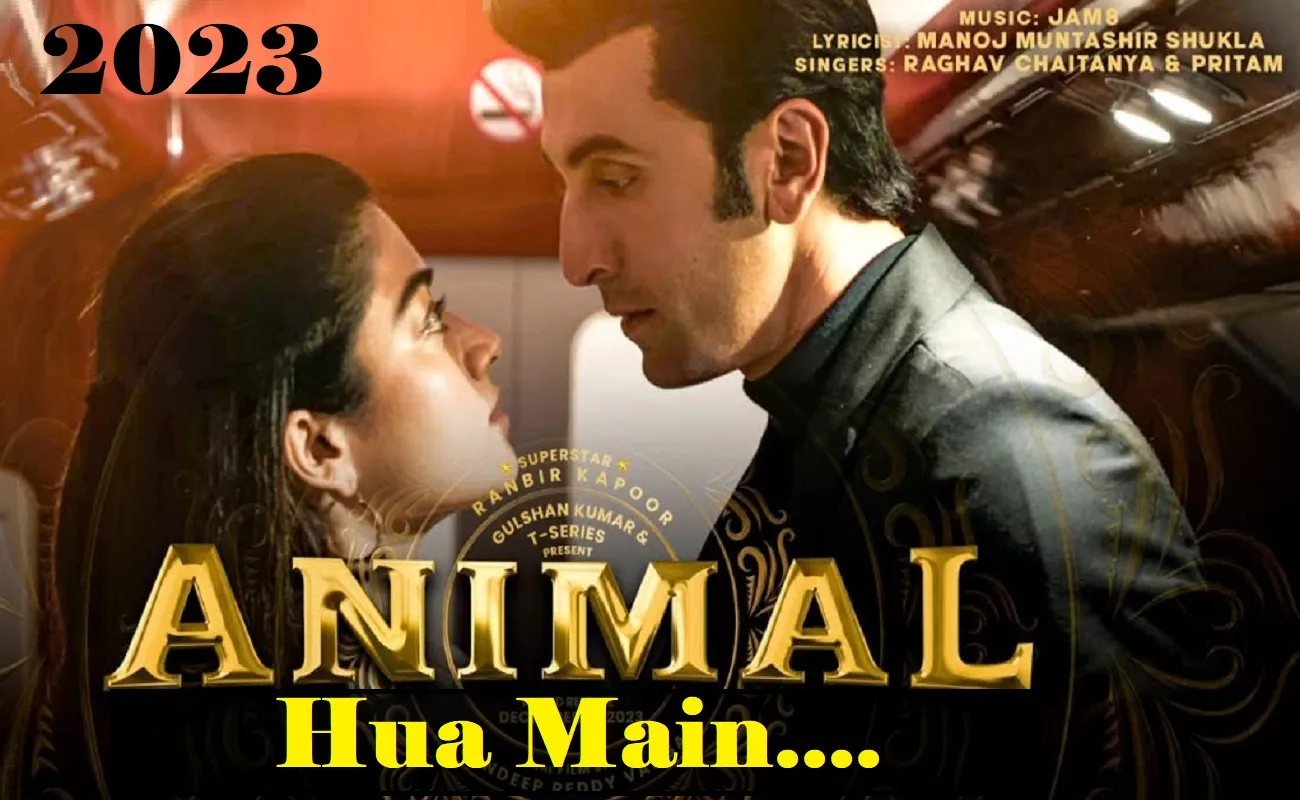What is Indie Music: This music has been instrumental in diversifying the musical landscape. By offering a platform for artists with distinctive sounds and perspectives, music has broadened our musical horizons and expanded our understanding of what is possible within the realm of music. It has paved the way for innovative genres, subgenres, and hybrid styles, challenging the conventional notions of popular music and encouraging experimentation and boundary-pushing creativity.
Defining what is indie music
A unique approach to music-making
Indie music, short for independent music, refers to a style or genre of music that is created and produced independently of a major record label. Independent artists, often working on smaller budgets and with greater creative control, craft their music with a sense of autonomy and individuality. This freedom allows indie musicians to experiment with different sounds, styles and themes, resulting in a diverse and eclectic range of music.
Origin and development
The roots of indie music can be traced back to the 1970s and 1980s when the underground punk and alternative rock scene emerged. These countercultural movements rejected the commercialization of music and advocated a DIY (do-it-yourself) ethic. Bands such as The Smiths, Sonic Youth and the Pixies gained recognition for their unique sound and anti-establishment attitude, laying the foundation for the indie music movement.
Over the years, indie music expanded beyond its rock origins, incorporating elements of folk, electronic, pop, and other genres. Artists such as Björk, Radiohead and Arcade Fire pushed the boundaries of indie music by experimenting with unconventional arrangements, poetic lyrics and new production techniques.
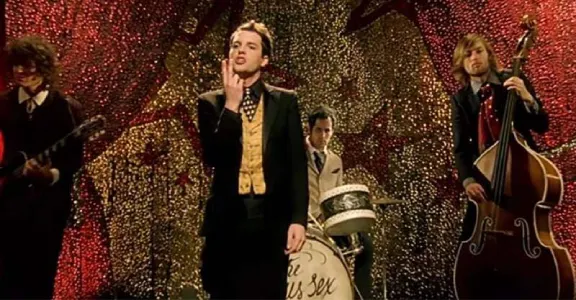
What is indie music features
What is indie music authenticity and individuality
One of the defining characteristics of indie music is its authenticity. Independent artists have the freedom to express themselves honestly, without pressure to conform to mainstream trends. This often leads to a more personal and introspective approach to songwriting, allowing listeners to connect with the music on a deeper level.
DIY ethics and creative freedom
The DIY ethic remains at the heart of indie music. Independent artists play many roles, from writing and recording their music to promoting and distributing it. This hands-on approach gives them full creative control and fosters a sense of community and collaboration within the music scene.
Exploration and Experimentation
Indie musicians are known for their willingness to explore and experiment with different sounds, styles and production techniques. They often mix traditional and unconventional elements to create unique soundscapes. This openness to experimentation allows music to constantly evolve and surprise listeners.
The influence of indie music
A catalyst for musical diversity
This music has played an important role in diversifying the music industry. It has provided a platform to artists from marginalized communities, giving voice to underrepresented perspectives. Through their music, indie artists challenge social norms and present alternative narratives that connect with a wide range of listeners.
Effect on mainstream music
Indie music has not only made its place but also influenced mainstream music. Many indie artists have successfully entered the mainstream, bringing their unique styles to a wider audience. This influence can be seen in the rise of indie pop, indie folk and indie rock elements in popular music today.
Emergence of Independent Labels and Platforms
The success of indie music has led to the rise of independent record labels and online platforms that cater specifically to indie artists. These labels and platforms provide a supportive environment for the musicians to release their music and connect directly with fans, bypassing traditional gatekeepers. This democratization of the music industry has opened up new opportunities for artists around the world.
Indie music is more than just a genre; It’s a mindset and a way of approaching music making. With an emphasis on authenticity, creative freedom and experimentation, this music continues to push boundaries and redefine the music industry. As independent artists flourish and gain recognition, the influence of this music will undoubtedly shape the future of music, ensuring a vibrant and diverse music landscape for years to come.
The indie music phenomenon finds its roots in the rebellious and non-conformist movements of the 1970s and 1980s, notably within the underground punk and alternative rock scenes. These countercultural movements vehemently rejected the commercialization of music, instead championing a DIY (do-it-yourself) ethic that emphasized artistic autonomy. Influential bands like The Smiths, Sonic Youth, and the Pixies emerged during this period, capturing attention with their distinct sound and anti-establishment stance. Their contributions played a pivotal role in establishing the foundation of the this music movement.
As time progressed, indie music transcended its rock origins and began incorporating a diverse range of influences from genres such as folk, electronic, and pop. Pioneering artists like Björk, Radiohead, and Arcade Fire further expanded the boundaries of this music by pushing the limits of conventional arrangements, experimenting with poetic lyrics, and embracing innovative production techniques. Their visionary approach helped redefine the music landscape, captivating audiences with their bold and unconventional musical expressions.
The evolution of this music has been a testament to its ability to adapt and embrace a wide spectrum of artistic influences. From its humble beginnings in the punk and alternative rock scenes to its current amalgamation of various genres, music continues to captivate listeners with its unique blend of authenticity and experimentation.
As the music movement continues to flourish, it serves as a reminder of the enduring spirit of artistic independence and the power of music to challenge societal norms. The influence of music extends beyond its dedicated fan base, infiltrating mainstream culture and inspiring a new generation of musicians to explore their creative boundaries.
Read Also: Music Is Win
![]()

